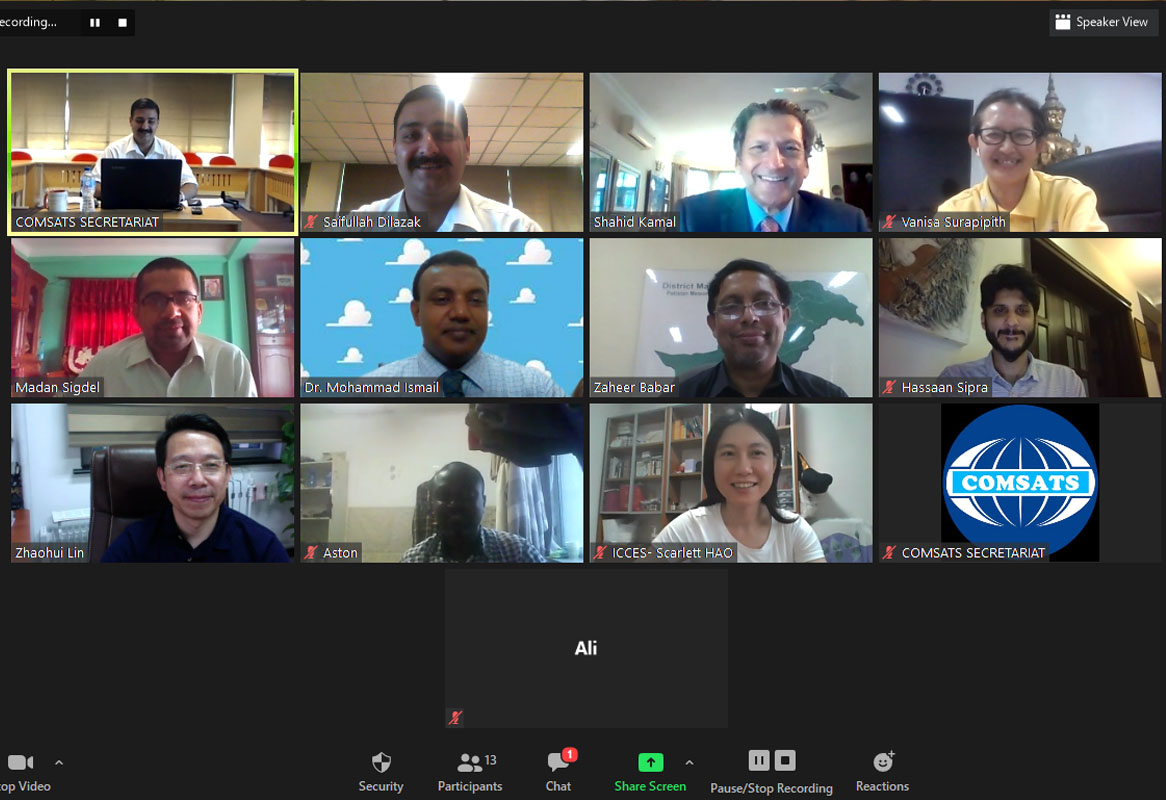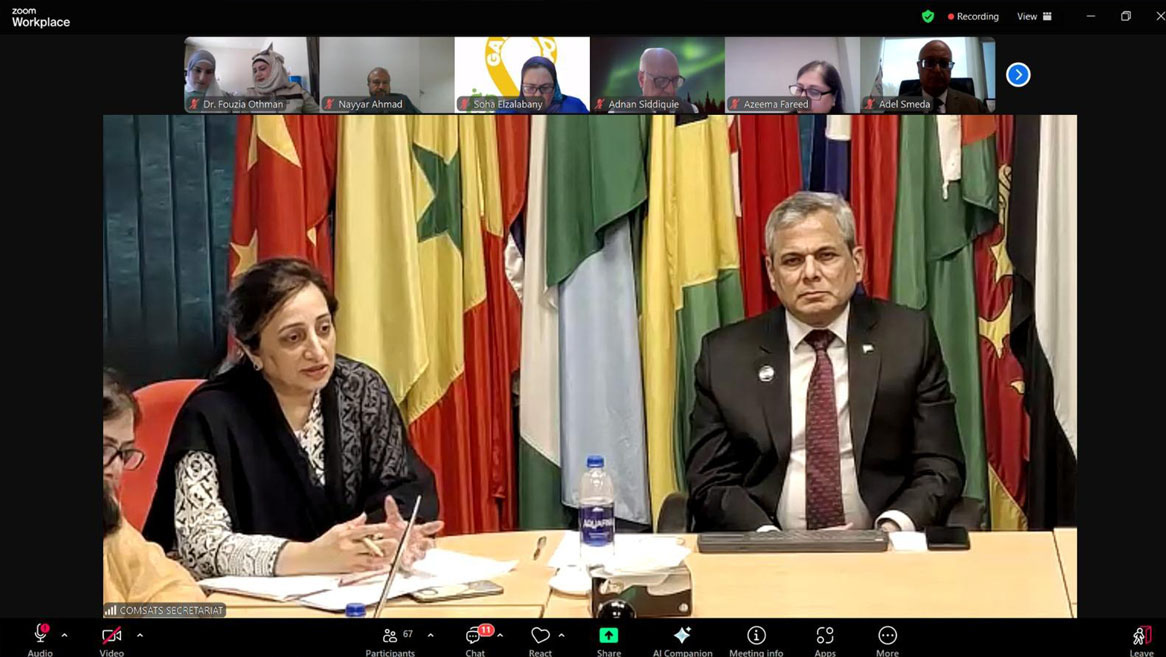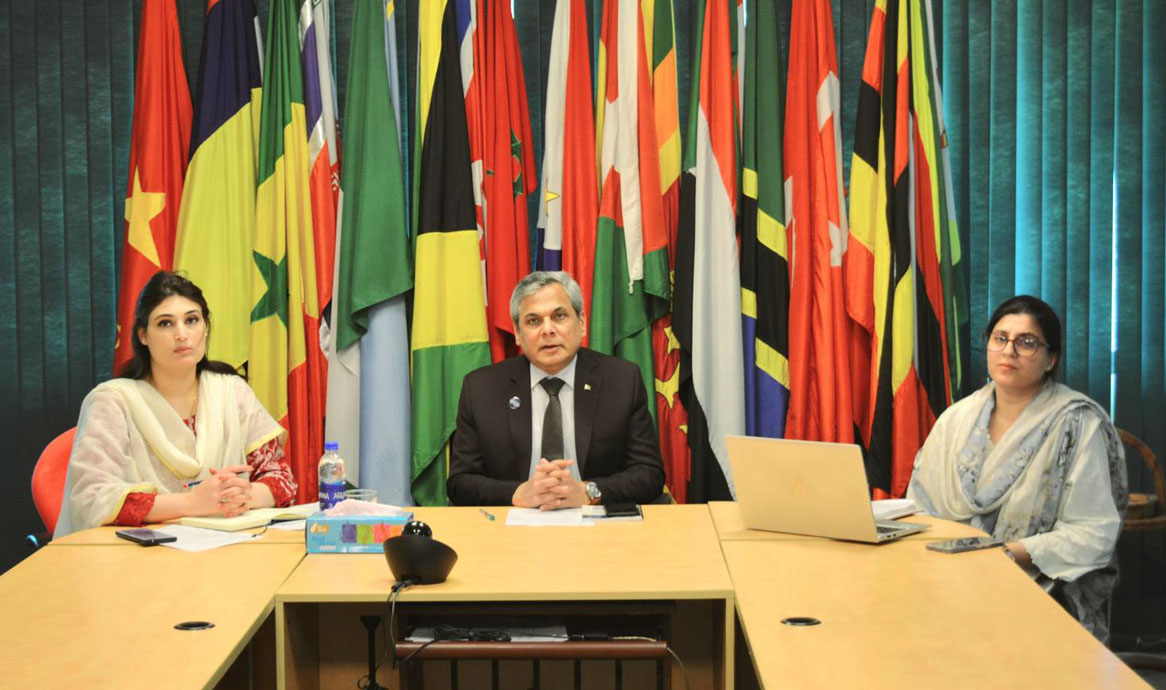With a view to gather experts, policy-makers, practitioners and other stakehol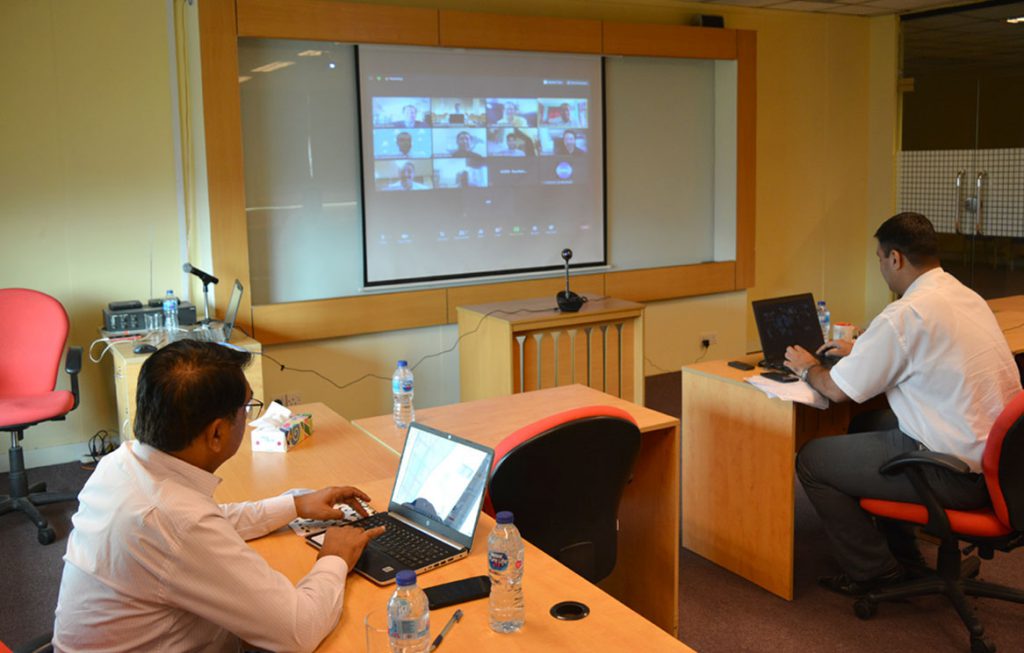 ders to discuss climate mitigation strategies as well as measures adopted by South Asian countries to tackle challenges relating to monsoon, COMSATS Centre for Climate and Sustainability (CCCS) hosted a webinar on “Impacts of Climate Change on South Asian Monsoon”, on 28th July 2020.
ders to discuss climate mitigation strategies as well as measures adopted by South Asian countries to tackle challenges relating to monsoon, COMSATS Centre for Climate and Sustainability (CCCS) hosted a webinar on “Impacts of Climate Change on South Asian Monsoon”, on 28th July 2020.
International experts and scientists from Bangladesh, Nepal, Pakistan, and Sri Lanka joined in the webinar to share their views on the variability of the monsoon and its relationship with the changing global climate system as well as the adverse impacts of climate-mediated changes on South Asian region at large.
The webinar was opened by Ambassador (R) Shahid A. Kamal, Founder and Head of CCCS, who in his remarks considered monsoon as one of the world’s most important weather systems. Despite the notable progress made in predicting climate of tropical regions, he mentioned, reliable forecasting of South Asian monsoon has remained a great challenge. He deemed understanding of changing weather patterns in South Asian region imperative for addressing this issue.
Speakers participating in the webinar included: Dr. Mohammad Isma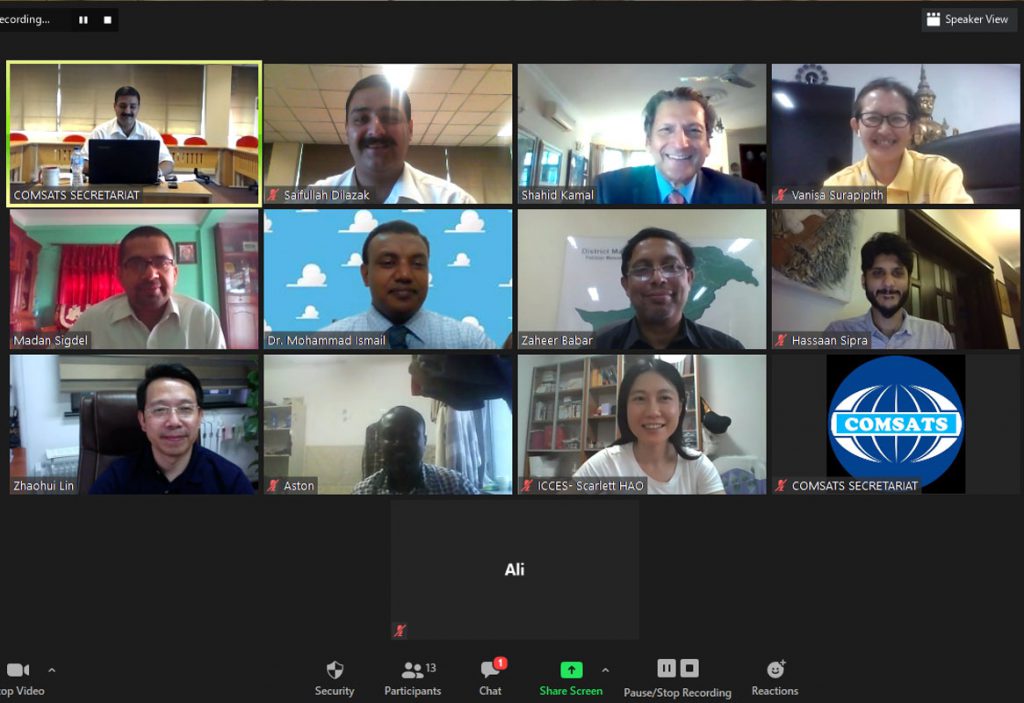 il, Associate Professor, Dhaka University, Bangladesh; Dr. Madan Sigdel, Associate Professor, Tribhuvan University, Nepal; Dr. Zaheer Ahmad Babar, Director of Meteorological Department, Pakistan; Ms. Anusha Rashanti Warnasooriya, Director of Department of Meteorology, Sri Lanka; and Dr. Vanisa Surapipith, Senior Researcher at National Astronomical Research Institute, Thailand.
il, Associate Professor, Dhaka University, Bangladesh; Dr. Madan Sigdel, Associate Professor, Tribhuvan University, Nepal; Dr. Zaheer Ahmad Babar, Director of Meteorological Department, Pakistan; Ms. Anusha Rashanti Warnasooriya, Director of Department of Meteorology, Sri Lanka; and Dr. Vanisa Surapipith, Senior Researcher at National Astronomical Research Institute, Thailand.
The presentations made during the webinar highlighted the gravity of social, economic and environmental implications associated with the abrupt monsoon patterns in South Asia. The speakers discussed the repercussions of increasing monsoon variability for Nepal as well as disasters caused by extreme weather events; current trends and future projections about the shifting patterns of monsoon in various parts of Pakistan; calamitous impact of summer monsoon in Sri Lanka marked by flooding and drought; impact of atmospheric aerosols, and non-renewable energy resources on precipitation patterns; and the mitigation strategies being taken by the governmental of Bangladesh to curb the fallout of climate change.
Some key recommendations of the webinar included:
- Research-backed policy formulation is required to help mitigate the negative impacts of suddenly changing patterns of monsoon on environmental and socioeconomic conditions of the South Asian region.
- Enhanced regional cooperation is vital to promote sharing of good practices and sustainable solutions to aid adaptation with variable trends of monsoon.
- Allocation of resources is fundamental for strengthening the scientific and technical capacity.
The webinar was successful in promoting exchange of knowledge and experience among experts from South Asia on climate induced shifts to the monsoon system in the region as well as measures to address the challenges associated with South Asian monsoon.

